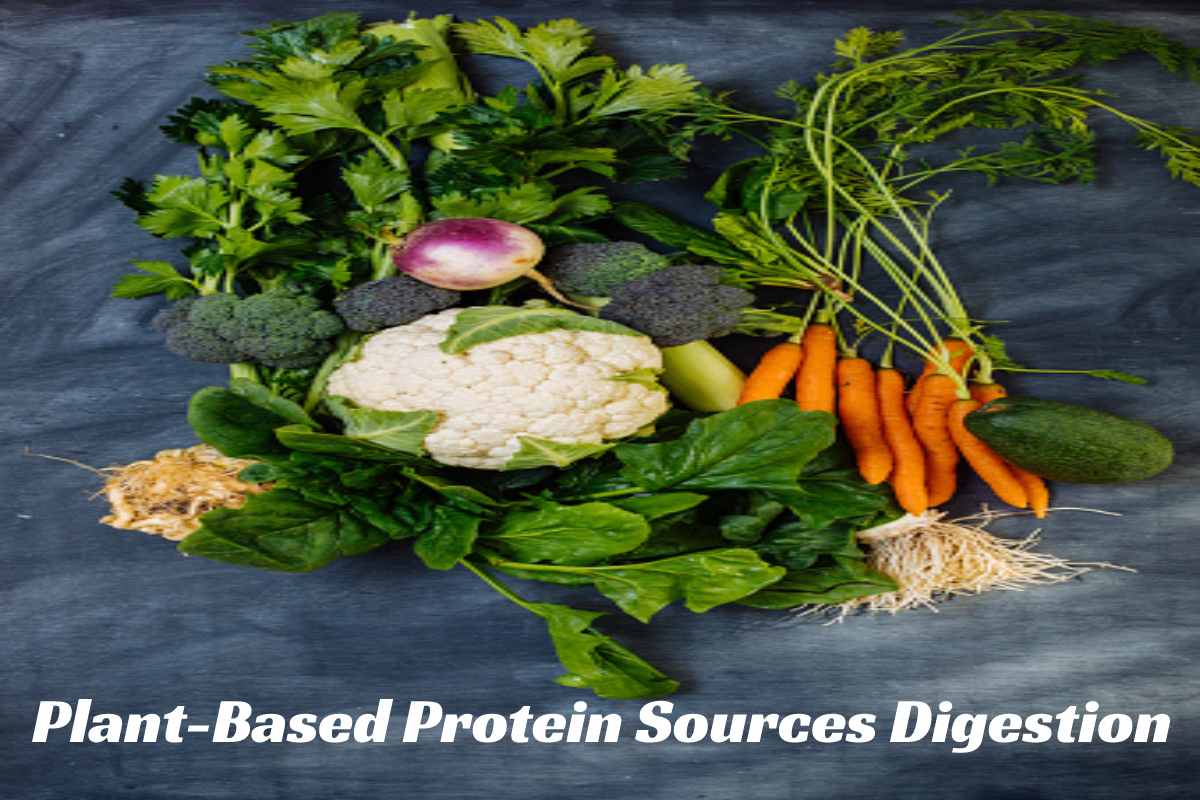Table of Contents
Plant-Based Proteins That Won’t Affect Your Digestion
Plant-Based Protein Sources Digestion, Chickpea bowl with vegetable sources of protein. In the healthy food space, 2019 remained dominated by all things plant-based. Alternative meat brands like Beyond Meat and Impossible spawned countless imitators from other companies as more and more people became interested in reducing their consumption of animal products for better health and the environment.
But there is an occasional and surprising danger when consuming plant-based protein options. “Unfortunately, by introducing more plant-based protein sources, our digestion can be affected. This is because our bodies tend to digest animal proteins more easily, and plant proteins can be more difficult to digest and are absorbed more slowly by our bodies,” says Gabrielle McGrath, MS, RD, LDN, dietitian at Base.
Also read: Healthy Ways To Be Happy, Five Tips To Live A Happier Life
Still, You Can Ease The Discomfort,
Especially during the early transition. By choosing the best plant-based protein sources, interpreting labels, and enduring with your body during the adjustment. Here remain some tips to keep in mind.
Why Some Plant-Based Protein Sources May Affect Your Gut
Certain common ingredients in plant-based protein sources, mainly processed ones, can be more challenging for your gut. “Soy, like tofu, can be difficult to digest and cause gas, bloating, and discomfort for some people. For example, some people do better with fermented soy products, like tempeh,” says McGrath.
What a Dietitian Says She Should know About Using Fruit As a Source Of Plant-Based Protein
What One Dietitian Says She Should Know About Using Fruits As.
He will also find soy protein isolate (a processed derivative of soybeans) in fake meat products, as well as preservatives, additives, and emulsifiers. “Your body may not react well to each of these, and the more ingredients listed, the harder it can be to figure out which one is the culprit,” says McGrath. “Some of these culprits could include xanthan gum, inulin, guar gum, and carrageenan. This isn’t to say there’s anything wrong with these ingredients, and just some bodies are less tolerant of them,” she says. On the other hand, you may not have any problems, or it could wreak havoc on your digestive system.
Also, processed imitation meat products can be high in sodium. Evidence shows that a high-sodium diet can lead to bloating and digestive upset, so check the label.
Here Are Some Other Healthy Vegetarian Proteins That a Registered Dietitian Loves:
As for whole-food options, many plant-based proteins, such as legumes and whole grains, are high in fiber. This remains not bad thing in and of itself, but eating too many of them once can upset your stomach. “Americans tend not to get enough fibre. So when you increase your fibre intake, it can take time for your body to get used to the change,” says McGrath.
However, this is an easy fix for all of the above. First, start incorporating a few new items one at a time, see how you feel, and give your body time to adjust before consuming too much plant-based protein. Then, to be safer, stick to plant-based protein options that McGrath says are gentler on the system.
Spirulina
A 2018 American English Journal of Scientific Nutrition study showed that some excellent plant-based options, like spirulina, mung beans, and chickpeas, maybe more accessible for your stomach to digest. “Spirulina is a blue-green alga, and it comes in powder or supplement form,” says McGrath. “Just one tablespoon of the powder contains four grams of protein, is rich in antioxidants, and contains a good amount of iron, copper, and vitamin B2 needs,” she says. Most people use the powder in their daily shakes, but you can also sprinkle it on soups and salads. It’s easy to get a hit without cooking or preparing heavy meals, as you can add it to just about anything.
Conclusion
A 2018 study from the American Journal of Clinical Nutrition showed that a few great plant-based options, like spirulina, mung beans, and chickpeas, can be easier for the stomach to digest. “Spirulina is a blue-green algae and comes in a powder or supplement form,” says McGrath.
Also read: Beauty Is Skin Deep – Examples of ‘SKIN DEEP’ in a Sentence

